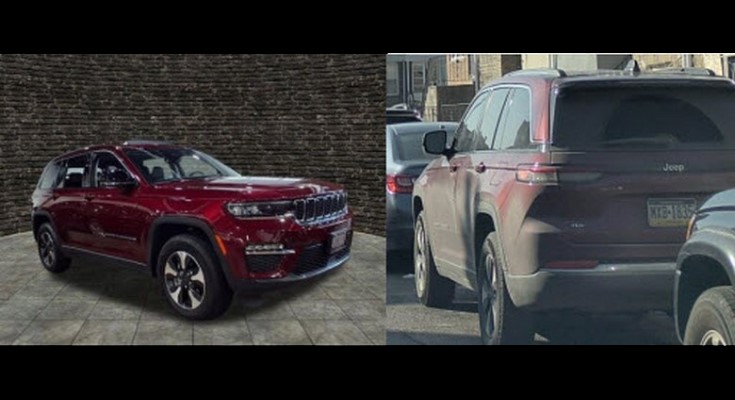In recent years, hybrid cars have surged in popularity due to their fuel efficiency and environmentally friendly nature. But when it comes to resale value, many potential buyers wonder: do hybrid cars hold their worth over time?
The Resale Value of Hybrid Cars: Do They Hold Their Worth?

Understanding Hybrid Car Depreciation
Hybrid vehicles often come with a higher upfront cost compared to their gasoline counterparts. However, they tend to retain their value well over time, making them a wise investment for many drivers. According to CarEdge, hybrids like the Toyota Prius and Camry Hybrid have shown strong value retention, with 5-year residual values of approximately 68.92% and 65.09%, respectively.
Factors Contributing to High Resale Value
Several factors contribute to the strong resale value of hybrid cars:
-
Fuel Efficiency: Hybrids offer superior gas mileage, which remains a significant selling point as fuel prices fluctuate. The Toyota Prius, for instance, boasts a combined fuel economy of 57 MPG, providing a range of 644 miles on a full tank.
-
Lower Maintenance Costs: With features like regenerative braking, hybrids experience less wear on brake pads, leading to fewer maintenance expenses over time. As noted by Preston Hyundai, this reduced wear and tear translates to lower operating costs and sustained vehicle value.
-
Government Incentives: Federal tax credits for hybrid vehicles can range from $250 to $7,500, depending on the model and features. These incentives not only reduce the initial purchase price but also enhance the vehicle’s appeal in the resale market.
Comparing Hybrids to Electric and Gasoline Vehicles
When assessing depreciation, hybrids often outperform both traditional internal combustion engine (ICE) vehicles and electric vehicles (EVs). For example, while EVs like the Tesla Model X experience significant depreciation—with 5-year residual values around 43.15%—hybrids maintain a stronger resale value. This resilience is attributed to the hybrid’s balance of fuel efficiency without the range anxiety sometimes associated with EVs.
Real-World Examples from Hybrid Owners
Owners of hybrid vehicles have shared their experiences regarding resale value:
- A user in the Toyota subreddit noted that hybrids like the RAV4 Hybrid maintain their value exceptionally well, often outpacing their gasoline counterparts in the used car market.
- Another owner shared on Bogleheads forum that their Toyota Prius depreciated less over time compared to similar non-hybrid models, highlighting the hybrid’s strong market demand.
The Toyota Prius: A Case Study
The Toyota Prius stands as a prime example of a hybrid vehicle with excellent resale value. Despite the general trend of vehicles losing about 10% of their value once driven off the lot, the Prius defies this norm. The 2024 base model Prius LE, with an MSRP of $27,950, is projected to depreciate by only 28.3% after three years. This is significantly lower than the average vehicle depreciation rate over the same period.
Tips for Maximizing Your Hybrid’s Resale Value
To ensure your hybrid car retains its value:
- Regular Maintenance: Adhere to the manufacturer’s maintenance schedule to keep the vehicle in optimal condition.
- Low Mileage: Vehicles with lower mileage are generally more appealing to buyers.
- Keep Records: Maintain detailed service records to provide to potential buyers, showcasing the care taken with the vehicle.
Where to Buy and Sell Hybrid Cars
If you’re interested in purchasing a hybrid car or considering selling one, reputable dealerships like Preston Chrysler Dodge Jeep Ram of Dover offer a range of options. They emphasize the value of hybrids, highlighting features like superior fuel efficiency and lower emissions, which contribute to strong resale advantages.
Conclusion
Hybrid cars not only offer environmental benefits and fuel savings but also hold their value remarkably well in the resale market. Whether you’re a current hybrid owner or considering purchasing one, it’s reassuring to know that these vehicles are a sound investment that can provide returns both environmentally and financially.











